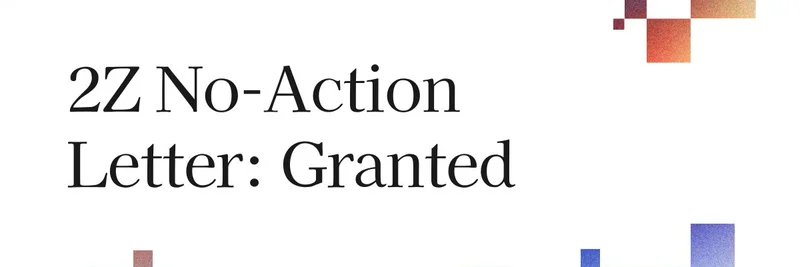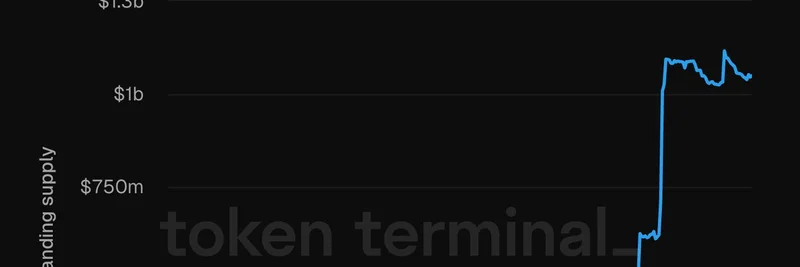As we dive into October 2025, Washington is buzzing with uncertainty due to the federal government shutdown. But that hasn't stopped the wheels of progress in the crypto world from turning. In a recent thread on X (formerly Twitter), Kristin Smith, President of the Solana Institute and former CEO of the Blockchain Association, highlighted some exciting developments. From regulatory teamwork to potential new investment products, these updates show that the blockchain space is pushing forward, even in tough times. Let's break it down step by step, with simple explanations for those new to the scene.
First off, there's been a big push for cooperation between major regulators. Last week, SEC Commissioner Paul Atkins and Acting CFTC Chair Caroline Pham hosted a joint roundtable on digital assets. This is huge because, in the past, these agencies have sometimes clashed over who oversees what in crypto. Digital assets are things like cryptocurrencies and tokens that run on blockchains. The roundtable focused on creating unified rules to help the U.S. lead in crypto innovation. You can check out the details on the SEC's event page.
Smith emphasized that collaboration, not competition, is key for the industry. She even joined Remy Blaire on Fintech TV to chat about this shift and what's next. If you're curious, here's the interview link.
Adding to the momentum, Smith appeared live on the NYSE floor with Kristen Scholer, discussing Solana as the backbone of future financial infrastructure. Solana is a high-speed blockchain known for its efficiency, making it a favorite for everything from DeFi (decentralized finance) to meme tokens. This spotlight on mainstream platforms like the NYSE signals growing acceptance. Catch the segment here.
One standout milestone is the SEC's No-Action Letter for DoubleZero's 2Z product. A No-Action Letter basically means the SEC won't pursue enforcement if certain conditions are met—it's like a green light for innovation without full registration. DoubleZero is a DePIN project (Decentralized Physical Infrastructure Network), which uses blockchain to manage real-world hardware like networks or sensors. This letter is a first-of-its-kind win, providing clarity for similar projects that have been in legal limbo. It took four months of engagement with the SEC, proving that constructive dialogue pays off.
This development is particularly relevant for meme token enthusiasts, as clearer rules could open doors for more innovative launches on platforms like Solana, where many memes thrive.
Speaking of Solana, we're on the verge of Solana ETPs (Exchange-Traded Products). These are like ETFs but for other assets, offering regulated ways for everyday investors to get exposure to SOL (Solana's native token) without directly buying crypto. This could be a game-changer, making blockchain tech more accessible and integrating it into traditional finance.
On the legislative side, the Senate Finance Committee held a hearing on crypto taxation. Crypto tax rules have been murky, often treating digital assets like property, which means tracking every trade for gains or losses. The hearing aimed to examine better ways to tax them fairly. Clear, consistent rules are vital—without them, innovation might flee to friendlier countries, taking jobs with it. Dive deeper into the hearing here.
Even amid political gridlock, the crypto narrative is evolving. At the Solana Institute, efforts like these are driving the conversation toward a more open and modern financial system. For blockchain practitioners and meme token fans alike, staying informed on these regulatory shifts is crucial—they could shape the next wave of opportunities in the space.
If you're building or investing in meme tokens on Solana or other chains, these updates highlight why regulatory clarity matters. It reduces risks and fosters growth, helping the entire ecosystem level up. Keep an eye on Washington; the next few weeks could bring even more surprises.


